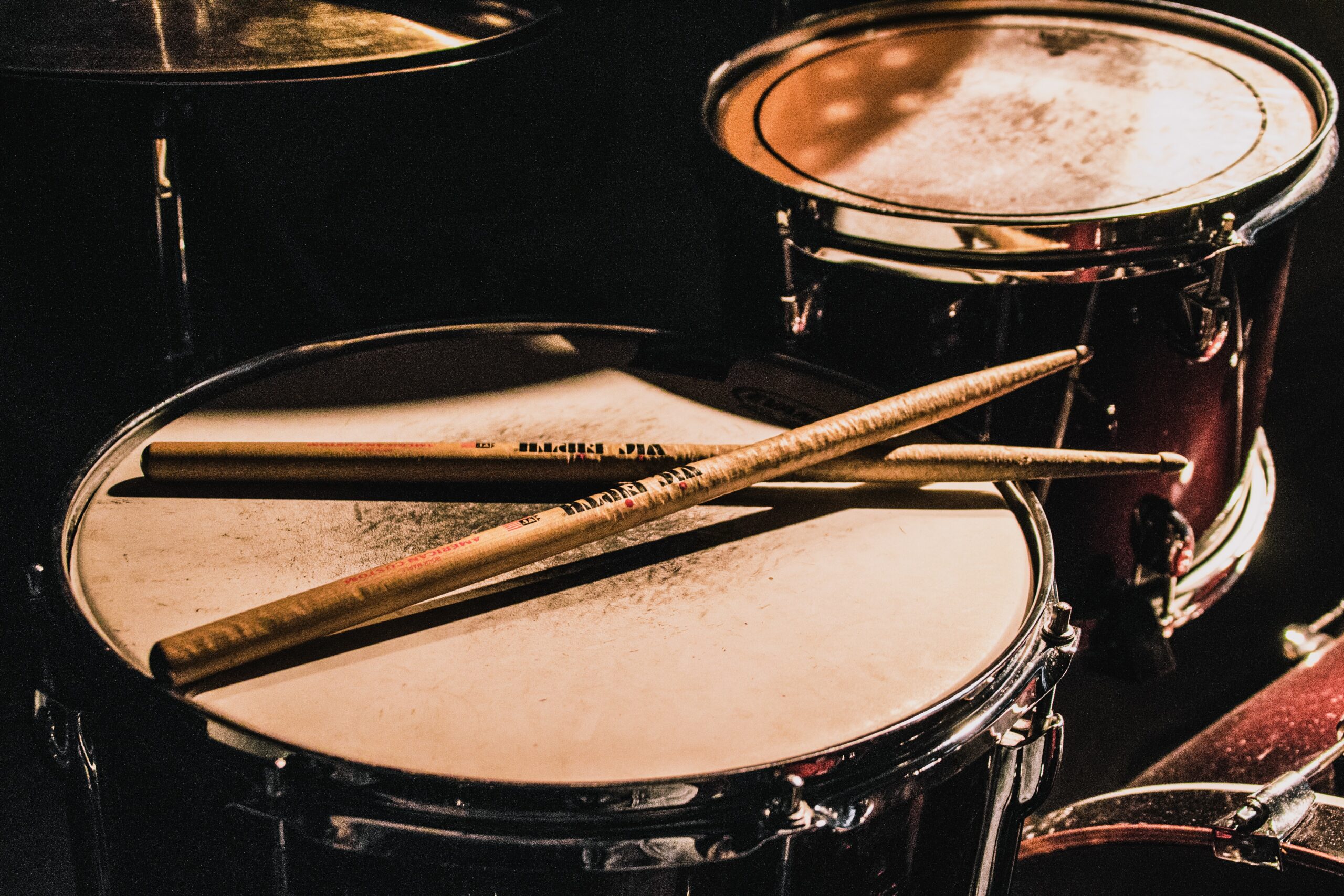On my walk today, I changed the rhythm of my steps from time to time.
Slow, long strides.
Fast, powerful steps.
Slow, mindful movements.
Fast, tiny jumps.
It changed not only my entire walk – and whoever saw me might have thought I was crazy – but also my perception during the different sets.
Faster movement require attention to the steps, the ground and the breath.
Slower movement allow a contemplation of the surroundings.
As always, everything I see and experience in the woods is a metaphor for life or has a link to to it.
It’s all connected you see.
When I work fast or rush through chores, I am highly focused on what needs to be done and have little time or capacity to notice what is going on around me.
When I allow myself a restful afternoon or a few days of retreating, the whole world looks different, seems to expand and I wonder why I rush or sweat the small stuff at all.
Beth Kempton, in her book The Way of the Fearless Writer elaborates on harmonising, finding a balance and the ebb and flow of life.
The past months I have become more aware of my own rhythm and have allowed myself to live along with it instead of pushing through in the other direction. I have also noticed that we all have different rhythms. Some people are early risers and can be giddy and active as soon as the alarm goes off. Others seem to sleepwalk until a certain hour of the day or a certain number of coffees but can dance until 3 in the morning.
Unfortunately, our society does little to cater to our individual rhythmical needs and many of us find 9 to 5 jobs a daily struggle.
I know that a swift walk at lunchtime makes my afternoon lighter.
I know I need to schedule my rest and offline time or else it will not happen.
I know I need to take myself on days or weekends alone to recharge and rest or discover and get inspired.
Luckily, since the pandemic, things have become more flexible and people can pick and choose their active time more freely and individually.
I still see a many push through though when they should rest or stay up late even though they are tired at 9 pm.
We are not taught to listen to our bodies and often it takes an illness to force our physical beings to slow down, to listen and to go with the flow.
When was the last time you spent an hour doing absolutely nothing?
When did you last continue something way past your bedtime?
When was the last time you took a nap? a bath? a walk in the woods?
Your rhythm talks to you all the time. It tells you when the best time is for what.
All it requires is for you to listen.


